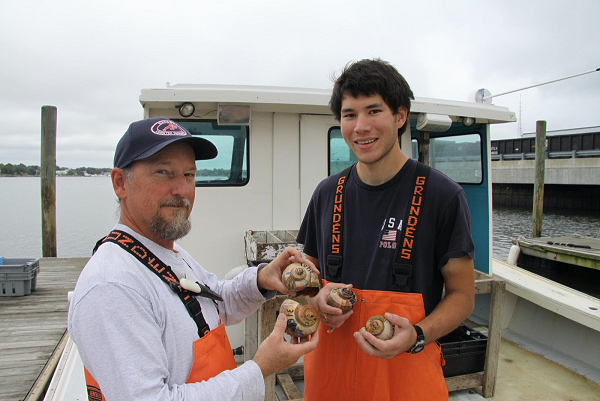Marine, Estuarine, and Environmental Science s MEES – M.S. and Ph.D.

DNS offers graduate programs leading to the degrees of Master of Science (M.S.) and Doctor of Philosophy (Ph.D.) in the Marine, Estuarine, and Environmental Sciences (MEES) Program. The mission of the MEES Program is to train graduate students in the overall environmental sciences. There is a clear need for scientists with training in this area, given the multitude of environmental problems faced by society today.
The comprehensive scope and flexibility of the MEES curriculum leverages the full breadth of environmental sciences at partner campuses across the University System of Maryland, from the social sciences to molecular ecology. This provides students with a highly personalized training. Students work closely with faculty to develop an individually-tailored program in a research-based master’s or doctoral degree. All students receive training in quantitative approaches and professional development, and are exposed to a variety of interdisciplinary issues.
The interests of faculty and students within the MEES Program have led to six formally defined Areas of Specialization (AOSs), from which a student may choose. The AOSs are: Ecology, Environmental Chemistry, Environmental Molecular Biology and Biotechnology, Environmental Science, Fisheries Science, and Oceanography. Each student will choose an AOS when applying, and both admission and program requirements will depend on the AOS and the student’s background and interests.
MEES Program Details
For more details, prospective students should visit the Maryland System MEES website.
For more information, contact:
Dr. Maurice Crawford, Graduate MEES Program Director at mkcrawford@umes.edu
Environmental Facilities Supporting the MEES Program
The University of Maryland Eastern Shore campus provides an ideal setting for environmental and estuarine research. The 600-acre campus, located less than 10 miles from the Chesapeake Bay and 30 miles from the Atlantic Ocean, provides easy access to marine and estuarine environments. UMES maintains several laboratories and institutes dedicated to various aspects of environmental study, including:
- The Living Marine Resources Cooperative Science Center (LMRCSC) supported by NOAA for research on fisheries biology;
- UMES’ Coastal Ecology Research Laboratory (CERL) at Assateague Island National Seashore on Sinepuxent Bay for the study of ecology of barrier islands and coastal processes;
- The DNS Water Quality Laboratory supported by cutting-edge technology, which provides excellent support to the campus community; and
- The Fish Husbandry and Physiology Laboratory, supported by U.S. Fish and Wildlife Service.


